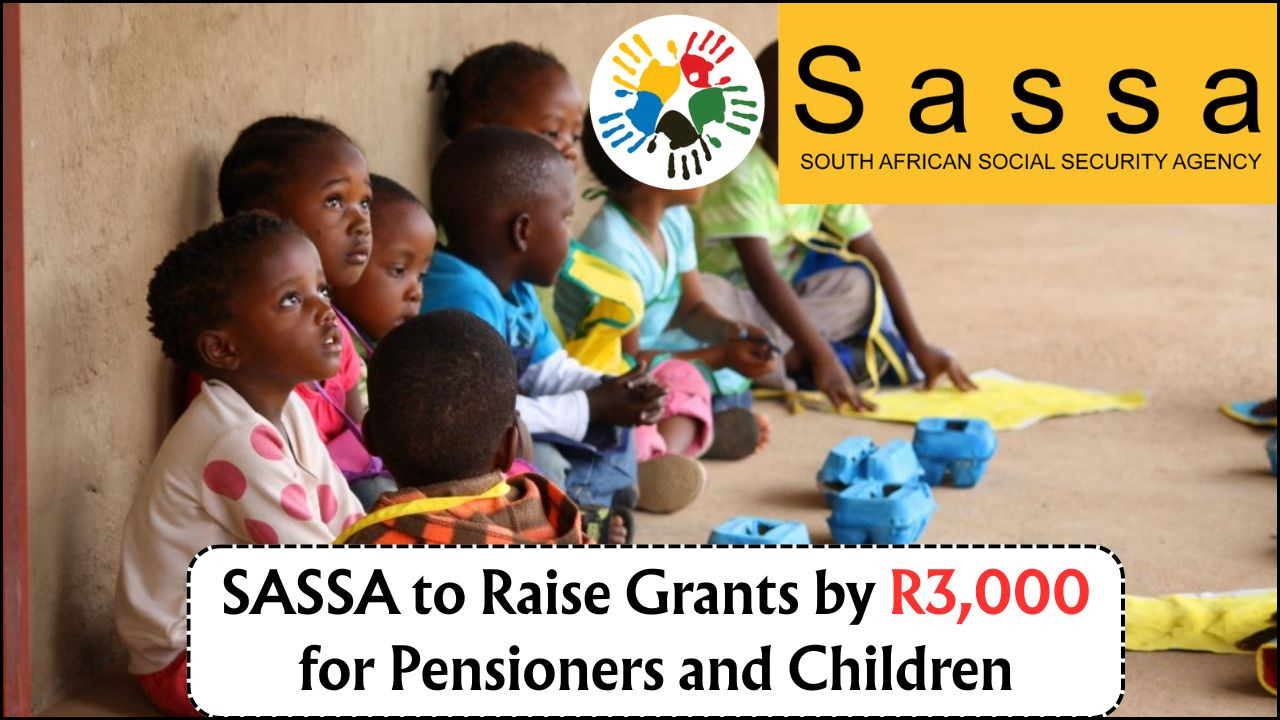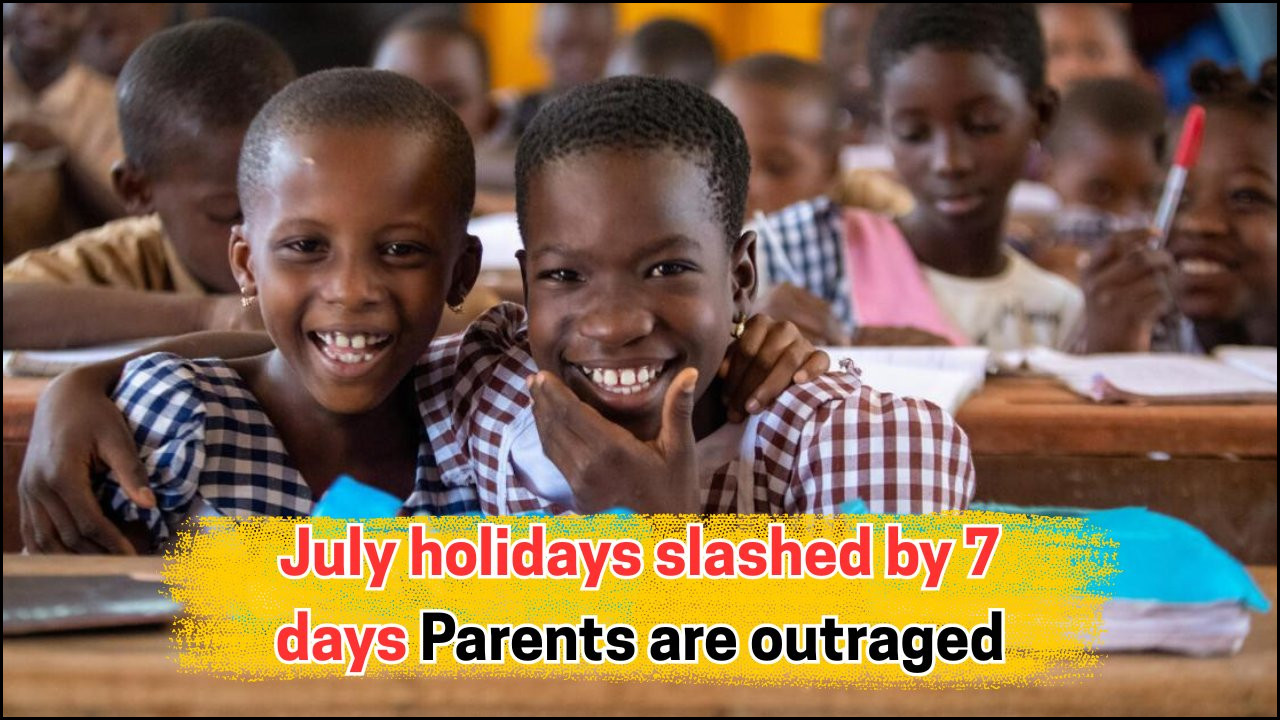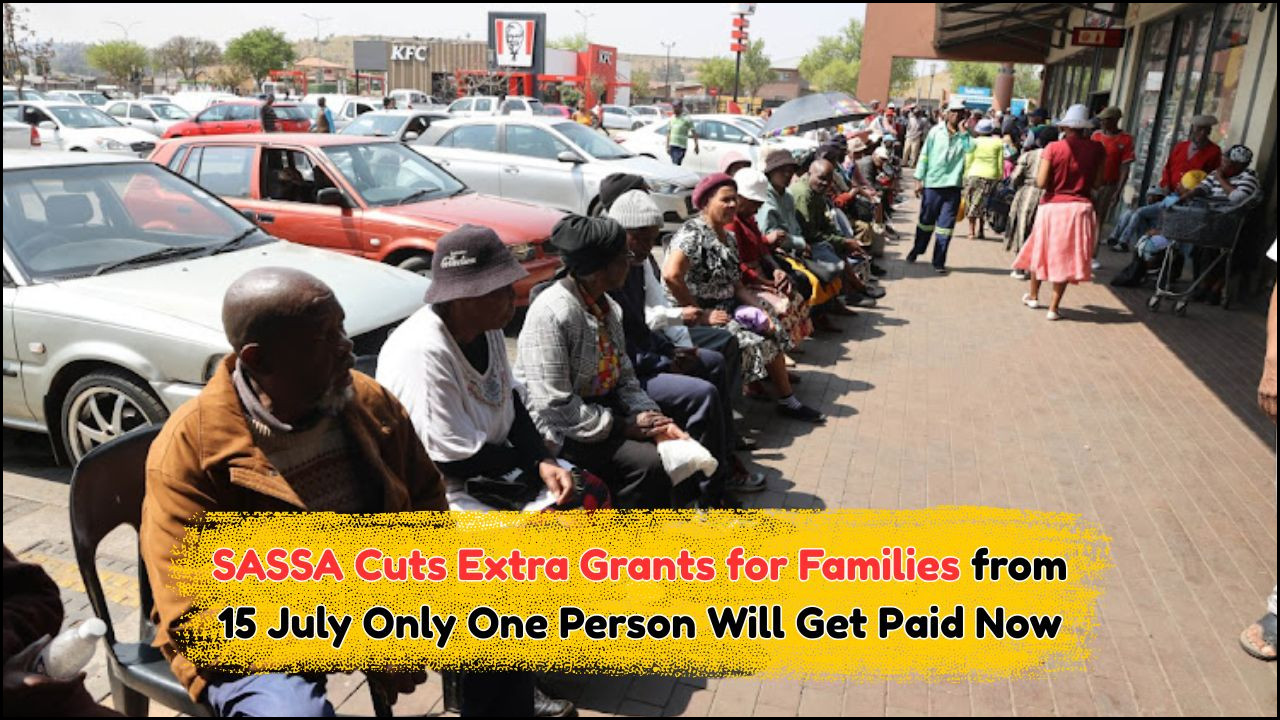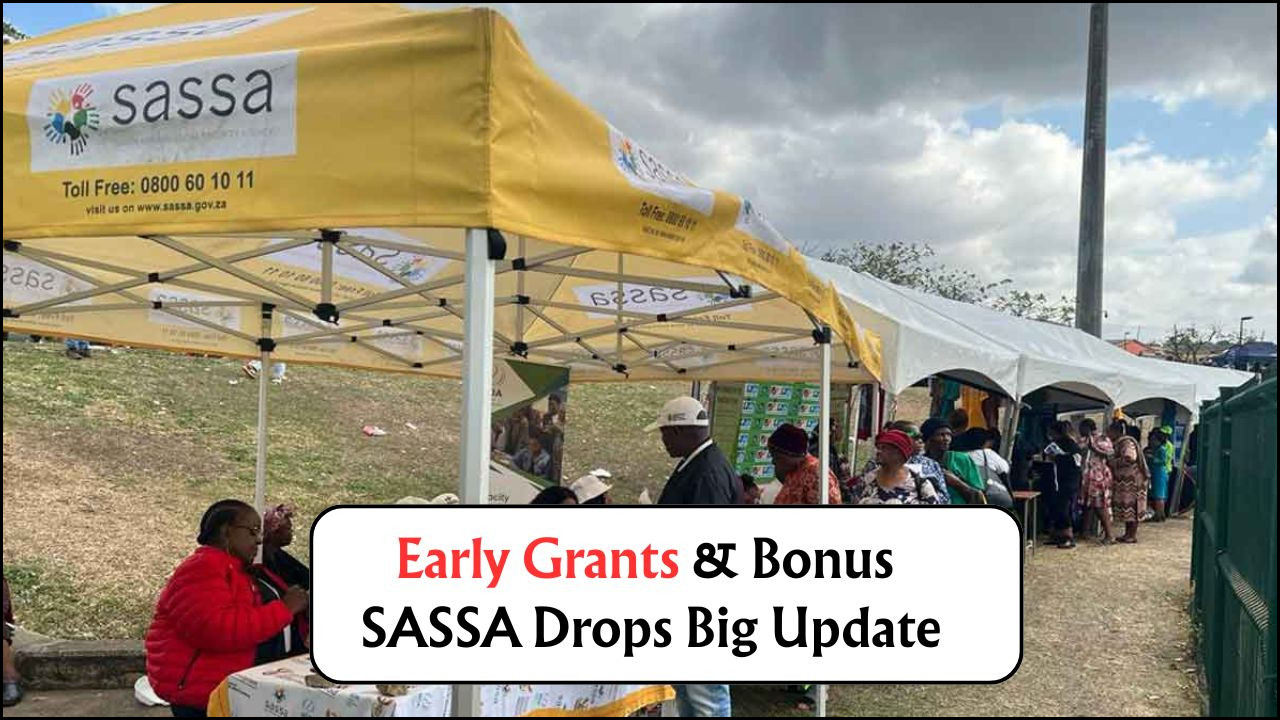SASSA’s Crucial 30 July Decision: The anticipation is mounting as South Africans closely watch the South African Social Security Agency (SASSA) and its pivotal decision on 30 July. The question on everyone’s mind is whether child support and pension beneficiaries will witness a R3,000 boost. This decision holds significant implications for countless families and individuals who rely on these grants for their daily needs. As the cost of living continues to rise, the potential increase could provide much-needed relief, particularly for vulnerable groups who are most affected by economic challenges.
Understanding SASSA’s Role in Social Support
The South African Social Security Agency (SASSA) plays a crucial role in providing financial assistance to those in need, including children and pensioners. As the body responsible for the administration of social grants, SASSA ensures that funds reach the most vulnerable members of society. Over the years, SASSA has been instrumental in implementing various programs aimed at alleviating poverty and improving the quality of life for millions of South Africans. With the upcoming decision on 30 July, the agency is once again at the forefront of a major policy initiative that could impact the livelihoods of many.
- Administering child support grants
- Providing pension funds to the elderly
- Ensuring timely distribution of funds
- Implementing new social programs
- Monitoring the impact of grants on poverty reduction
Potential Impact of a R3,000 Increase
| Beneficiary Type | Current Amount | Proposed Increase | Total Potential Amount | Impact |
|---|---|---|---|---|
| Child Support | R460 | R2,540 | R3,000 | Enhanced child welfare |
| Pensioners | R1,890 | R1,110 | R3,000 | Improved quality of life |
Economic Considerations and Challenges
A potential increase in grants brings with it several economic considerations. While the boost could provide immediate relief to beneficiaries, it also poses challenges such as budget constraints and allocation of resources. The government must balance the need for increased social support with its fiscal responsibilities. This decision is not only a reflection of SASSA’s commitment to social welfare but also a testament to the government’s dedication to addressing pressing economic issues. As such, it is crucial to evaluate both the short-term and long-term implications of this increase on the national budget and overall economic stability.
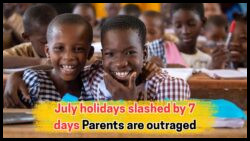 South African Families Stunned as July School Holidays Cut by 7 Days – What Does This Mean for You?
South African Families Stunned as July School Holidays Cut by 7 Days – What Does This Mean for You?
Key Factors Influencing the Decision
- Current economic climate
- Inflation rates and cost of living
- Government budget allocations
- Feedback from social welfare organizations
- Public opinion and demand
Community Reactions to the Proposed Increase
The news of a potential R3,000 increase has sparked a range of reactions among South Africans. Community leaders, social activists, and beneficiaries have expressed both hope and skepticism. On one hand, the increase is seen as a positive step towards alleviating financial burdens faced by many families. On the other hand, some express concerns about the feasibility and sustainability of such an increase. Engaging with communities and understanding their perspectives is crucial for SASSA and the government as they make this important decision.
Voices from the Community
- Hope for improved living conditions
- Concerns about long-term sustainability
- Calls for transparency in decision-making
- Desire for more comprehensive social programs
- Need for continued consultation with beneficiaries
Government’s Response to Public Concerns
In response to public concerns, the government has emphasized its commitment to supporting vulnerable populations. Officials have assured the public that any decision made will be in the best interest of both beneficiaries and the nation’s economic health. The government is actively engaging with stakeholders to gather feedback and ensure that any increase is both feasible and impactful. This collaborative approach underscores the importance of dialogue and transparency in policymaking, particularly when it comes to social welfare initiatives.
SASSA’s Strategic Plan
| Strategy | Objective | Timeline |
|---|---|---|
| Community Engagement | Gather feedback from beneficiaries | Ongoing |
| Economic Analysis | Assess budget impact | Q3 2023 |
| Policy Alignment | Ensure alignment with national goals | Q4 2023 |
| Implementation Plan | Roll out new grant amounts | Early 2024 |
| Monitoring and Evaluation | Assess impact of changes | Throughout 2024 |
Future Prospects for Social Welfare in South Africa
The decision on 30 July is more than just a financial adjustment; it’s a reflection of South Africa’s commitment to social welfare. As the nation looks towards the future, there is a growing need for sustainable and comprehensive social programs that address the root causes of poverty and inequality. By investing in such initiatives, South Africa can create a more equitable society where all citizens have the opportunity to thrive.
- Enhanced child support services
- Increased pension benefits
- Comprehensive healthcare access
- Improved education opportunities
- Job creation and economic empowerment
- Long-term poverty reduction strategies
Frequently Asked Questions About SASSA’s Decision
How will the R3,000 increase be funded?
The government is exploring various funding options, including budget reallocations and potential international support.
When will beneficiaries start receiving the increased amount?
If approved, the new amounts are expected to be implemented by early 2024.
What criteria will be used to determine eligibility for the increase?
Eligibility criteria will remain the same, focusing on low-income individuals and families.
How will this decision impact the national budget?
The government is conducting thorough economic analyses to ensure the increase is financially sustainable.
Will there be any additional support for beneficiaries?
Yes, SASSA is also considering complementary programs to enhance overall support.
